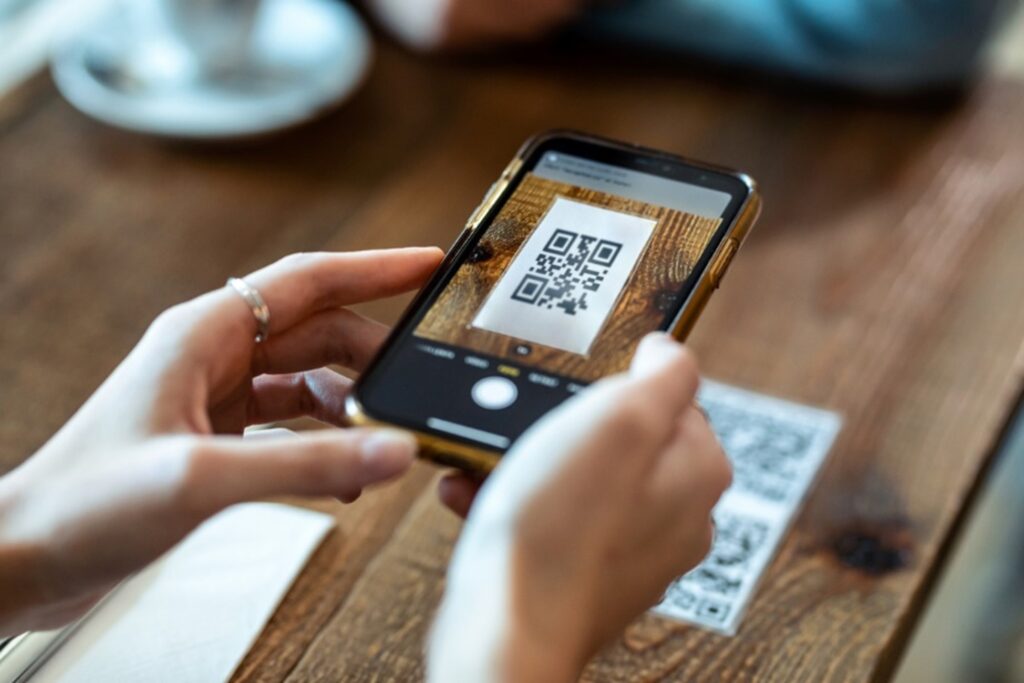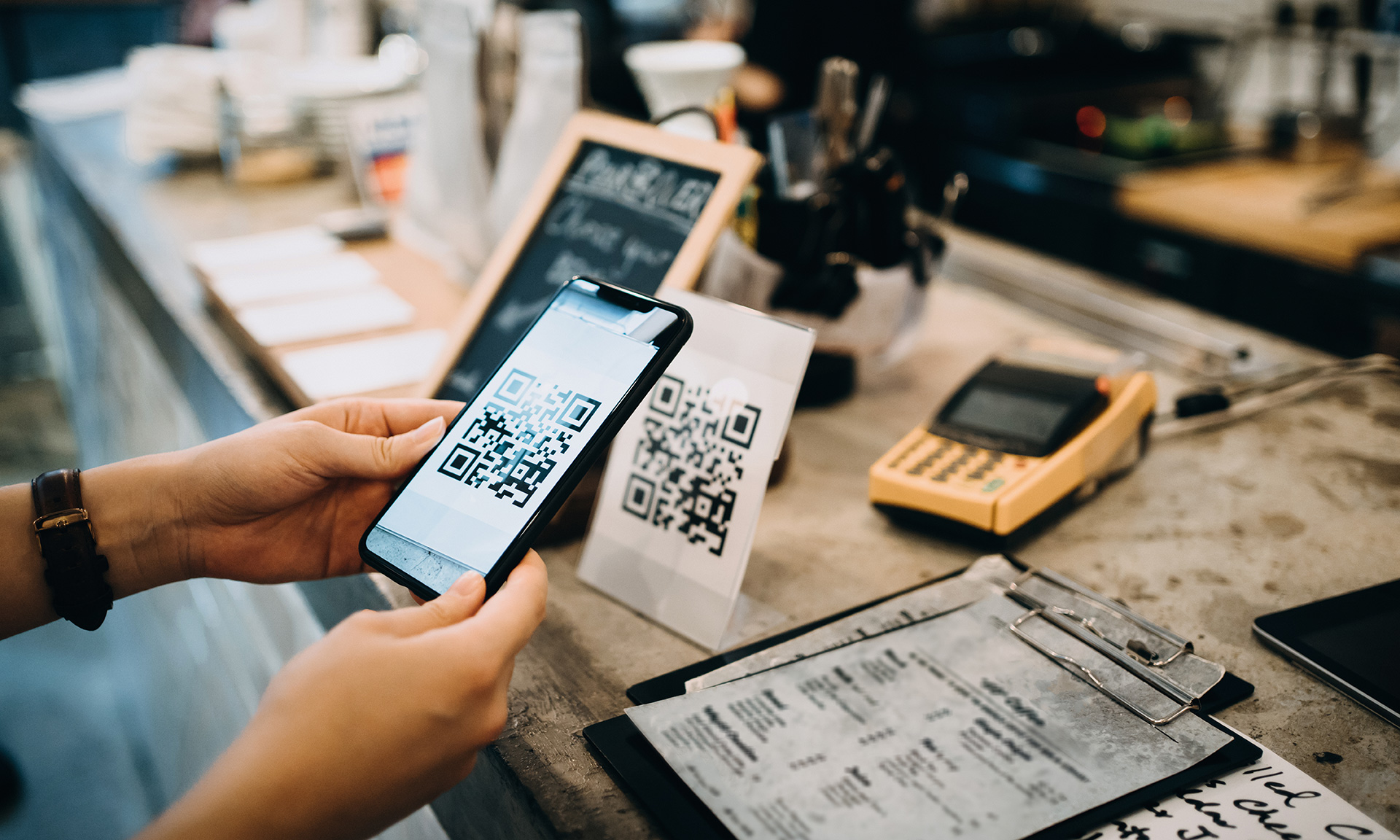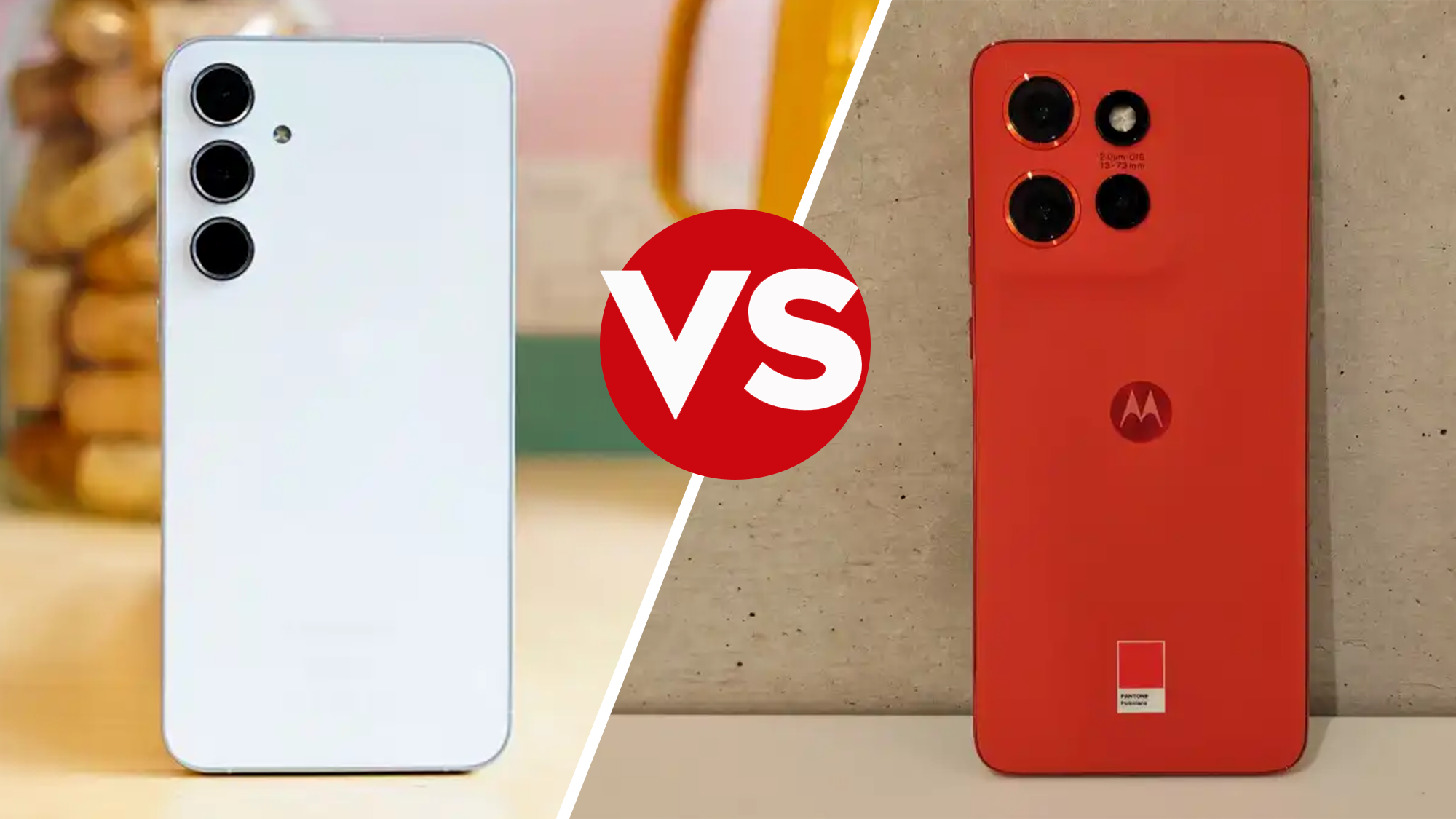
The convenience of QR codes, those handy square barcodes for swift website access, has become a breeding ground for scams, reminiscent of the AOL keyword era. While QR codes save time in various scenarios, caution is paramount when activating them, as warned by the latest consumer alert from the US Federal Trade Commission (FTC).
The FTC’s recent blog post, highlighted by The Verge, exposes scammers actively deploying deceptive QR codes in the wild. These deceptive codes are strategically placed in inconspicuous public locations, such as on parking meters prompting app payments. Unbeknownst to users, these fake QR codes redirect them to fraudulent services, potentially compromising personal information and, in some cases, leading to unintended consequences like getting their cars towed.
In addition to these sophisticated ploys, scammers employ simpler tactics, sending QR codes through fake emails or text messages. These tactics add an extra layer of obfuscation to dubious websites or app downloads. Notably, these incidents are not isolated; tens of thousands of such attacks have been documented.
Protecting yourself requires the same timeless advice: exercise caution with quick decisions prompted by emails or texts, especially those claiming delays in packages. Moreover, scrutinize QR codes posted in public spaces, as scammers aim to deceive unsuspecting individuals.
Stay informed, stay vigilant – guard yourself against the rising threat posed by fraudulent QR code schemes.




